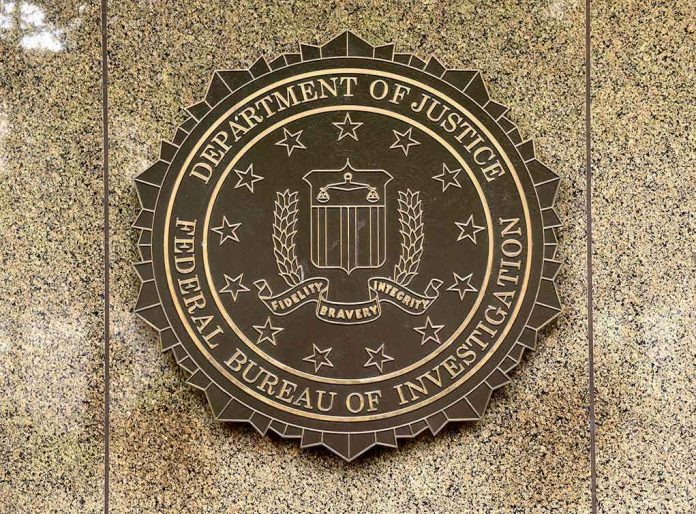
The FBI’s alleged underreporting of armed citizens stopping active shooters raises concerns about data accuracy and political influence.
Story Highlights
- FBI criticized for underreporting armed civilians stopping active shooters.
- Independent research reveals discrepancies up to eight times higher than FBI data.
- Debate over gun control and data accuracy continues.
- Misleading data can affect policy decisions and public perception.
Discrepancies in FBI Reporting
The FBI’s reports have consistently shown a low number of active shooter incidents stopped by armed civilians. However, independent analyses, such as those by the Crime Prevention Research Center (CPRC), have found significant discrepancies, with estimates that are up to eight times higher. This raises questions about the accuracy and methodology of the FBI’s data collection, suggesting potential political influences in underreporting these interventions. Such inaccuracies can distort public perception and affect policy decisions.
These discrepancies were brought to light by independent investigations as early as 2022, highlighting the ongoing issues with the FBI’s data. Despite acknowledging past errors, the FBI has not updated its reports to reflect the higher incidence of armed civilian interventions. This lack of correction perpetuates misinformation and undermines the credibility of federal crime reporting systems, creating a misleading narrative that can have significant implications for gun control debates.
Impact on Gun Policy and Public Perception
The discrepancies in the FBI’s data have far-reaching implications. In the short term, misleading statistics can shape immediate policy decisions, potentially leading to misguided legislative actions. In the long run, these inaccuracies can skew societal attitudes toward gun ownership and self-defense, influencing how communities perceive safety and the effectiveness of gun control measures. As a result, gun owners and advocates may find their constitutional rights under threat due to policies based on flawed data.
Policy makers rely heavily on data to inform their decisions, and inaccuracies can lead to ineffective or even harmful legislation. The public’s trust in law enforcement and federal agencies may also erode if they feel misled by official reports, further complicating the already contentious debate over gun rights and public safety.
Calls for Accurate Reporting
Experts like John R. Lott Jr., founder of the CPRC, have been vocal in their criticism of the FBI’s methodology, advocating for more accurate data to support Second Amendment rights. The need for reliable information is crucial not just for policy makers but also for the public, who deserve to have access to truthful reporting that reflects the realities of gun violence and the role of armed civilians in preventing it.
The discrepancies highlighted by independent research underscore the importance of transparency and accuracy in crime reporting. As the debate over gun control continues, ensuring that the data reflects real-world scenarios is crucial for informed discussion and decision-making. Without it, there is a risk of policies that do not adequately protect citizens or respect constitutional rights.





